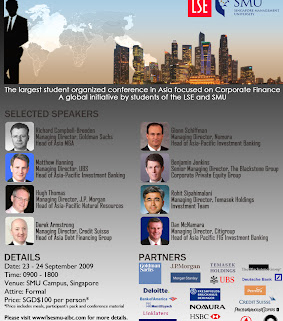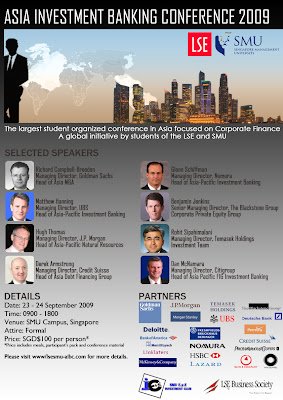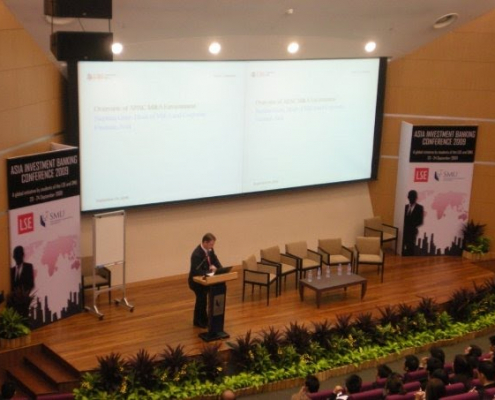Today, I was invited as a guest speaker to give a talk at 2009 AGM of STATS (Singapore Technical Analysts & Traders Society) on the “Strategic Outlook for 2010”. Before the talk, there was a poll, and it seemed that the general consensus is for a correction in the medium term. Here also some of the pictures taken from our slides.
After trading for 18 years, reading 1500+ books, and mentoring 1000+ traders, I specialise in helping people improve their trading results, by using tested trading strategies, and making better decisions via decision science.








